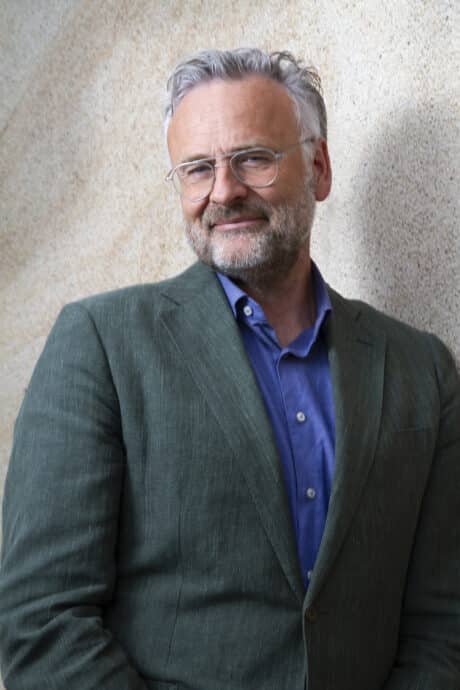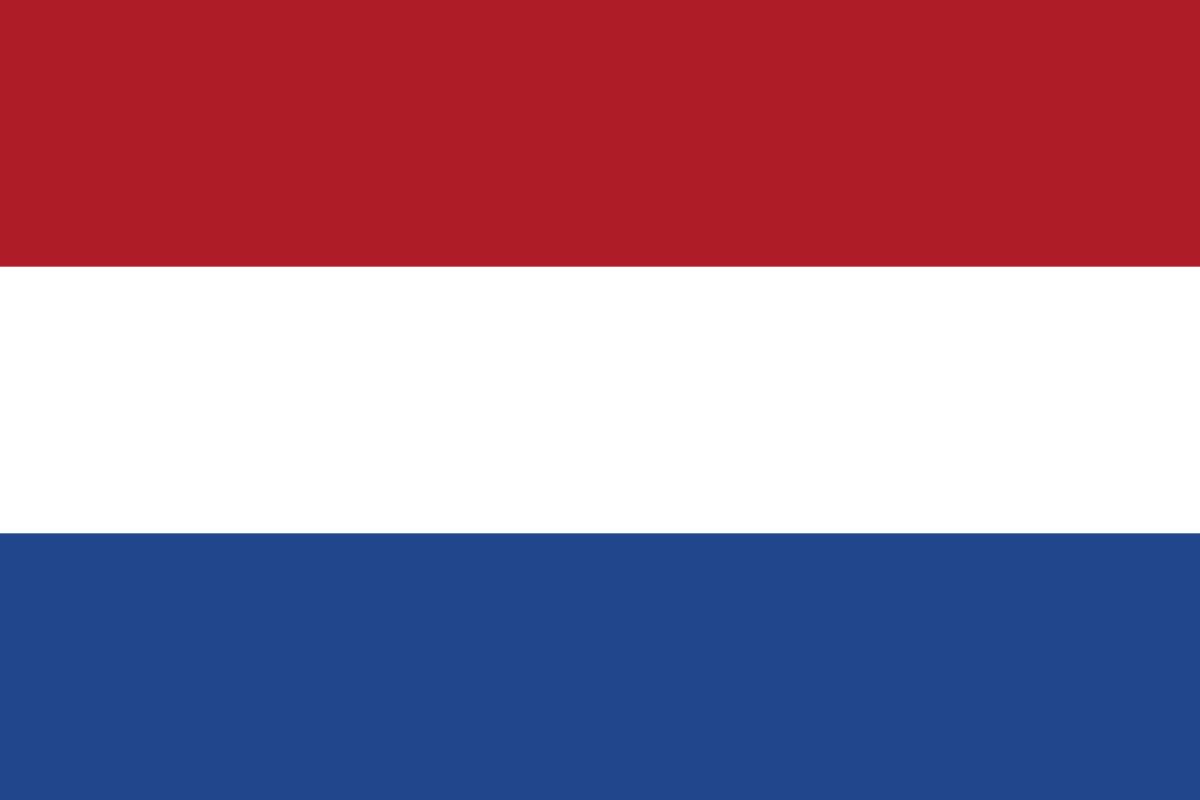

 ©Speakers Academy-Walter Kallenbach
©Speakers Academy-Walter Kallenbach
Jeroen Smit
Inspired by his economics teacher at the Alexander Hegius College in Deventer, Jeroen Smit decided in 1981 to take a post-foundation course in business administration at the Rijksuniversiteit Groningen. A study in sociology seemed to be the fastest way to get there. He spent his trainee period at ...

About Jeroen Smit
Inspired by his economics teacher at the Alexander Hegius College in Deventer, Jeroen Smit decided in 1981 to take a post-foundation course in business administration at the Rijksuniversiteit Groningen. A study in sociology seemed to be the fastest way to get there. He spent his trainee period at Buhrmann Tettenrode (now Buhrmann) in a very hierarchic and bureaucratic environment. After writing his thesis, pompously entitled ‘How long will paper remain the most important carrier of information?’ it didn’t take long before Smit started to doubt whether business administration was his true vocation: did he really want to be a part of the corporate world?
In 1986 Smit was asked to work for Business Consultancy Indonesia, where he had to figure out how a producer of photo-voltaic solar energy could optimally make use of the development funds that were generously deployed by Dutch minister Jan Pronk. After he was assigned by a Dutch company to investigate the dubious ways of their Indonesian partner, Smit decided the time had come to pursue a real career.
Back in the Netherlands in 1988, he was hired by DCE Information Management Consultants. As a result of the automation hype in those days, DCE was growing fast. His new colleagues were convinced that big companies couldn’t do without a Chief Information Officer (CIO) and needed business administrators to get more strategic advice. One of Smit’s bosses even mentioned a McKinsey-like consultancy. The junior consultant was ‘hired out’ to ministries and companies to perform various projects, for which he was paid approximately 1,800 guilders per day. He had to deal with important issues like ‘Make an inventory of the wishes and demands concerning a new information structure at the Ministry of Social Affairs’.
He was offered a lease on a sparkling brand new car, but nevertheless our young business administrator felt sad. There were too many discussions and reports, and too much hard work was wasted on giving clients alibis to do something or not. Smit put a lot of energy in finding the answer to just one question: ‘What do I really want?’
The answer was obvious, writing. He did a course in journalistic writing for academics to further explore that thought. Slowly he became convinced he wanted to be a journalist. A good friend, who used to be a lawyer and later became a journalist at the Financieele Dagblad (Financial Daily Paper), inspired Smit. He joined the paper in January, 1990. Initially, Smit wrote many pieces on the energy sector (Shell, Dutch Gas Union, European liberalisation), later he specialised in articles on the industry as a whole. He practically lived in the editorial office and wrote many pages about the problems DAF and Fokker were facing, and issues businessman Joep van den Nieuwenhuyzen and steel company Hoogovens had to deal with. Smit accompanied Minister Koos Andriessen (Economic Affairs) to China, who then desperately tried to sell Dutch products to the Chinese. Smit, and his colleagues Menno Tamminga and Gijs Herderschee, were awarded the Financial Press Prize in 1994, for their ‘revealing articles’.
In 1994, the Algemeen Dagblad, a national newspaper in the Netherlands, appointed a new editor-in-chief, Peter van Dijk, who then asked Smit to lead the economy section. Smit accepted. The 30-year-old was ready to start a whole new adventure, but didn’t realise then that he would have to prove himself to his much older colleagues. However, a scoop that forced Unilever to withdraw a brand new detergent from the market within days after its introduction strengthened his position. Late 1995, the Algemeen Dagblad was sold to PCM Publishers. After four intensive years, Smit noticed he couldn’t perform as effectively as before. In 1997, he was asked to temporarily teach journalism at the Erasmus University Rotterdam. A year later Smit was approached by Elsevier Bedrijfsinformatie Amsterdam (which magazine is now called Reed Business and owned by Reed Elsevier) to transform the bi-weekly FEM Magazine (Financial Economic Magazine) into a weekly magazine. A great challenge, whilst the economy was booming and advertisers where fighting for advertorial space. There was enough money to put 32 editors and journalists on the payroll. FEM/De Week’s credo became: Economy should be fun too. Business administration, social and general economic topics were brought together in a broad newsmagazine. Paid circulation doubled within three years to 20,000. In 2000, Smit became editor-in-chief. He felt responsible for the paid circulation and the relationship with the subscribers. He realised there wouldn’t be a newsmagazine without them.
Spring 2002, the new director Lex Rozenbroek, was confronted with a decreasing advertising market. He gave Smit a choice: either stay on, and refrain from a long honeymoon/sabbatical, or leave. Smit left and realised that an editor-in-chief too becomes less effective after four years.
In 2010 Jeroen Smit was awarded the Machiavelli price for his book “The Prey” (De Prooi) about ABN AMRO bank. He also starred as presenter of “Buitenhof” (with NPS media).
In November and December of 2010 he starred as host of the TV-series “Leaders Wanted” . In that program Jeroen Smit was looking for answers on the question: what kind of leadership is needed in the 21st century?!
Jeroen Smit travelled the world and asked prominent leaders / thinkers as Jeroen van der Veer, Fabio Barbosa, Neelie Kroes, Henry Mintzberg and Anselm Grün what kind of leadership is requires for this century. Because if there is one thing that was made clear by the current financial and economic crisis: the leadership of the twentieth century is no longer satisfactory. Keeping in mind the lessons of failed leadership at Ahold and ABN-Amro Smith asks himself: What kind of leaders are needed now, where are they and what can they do?

